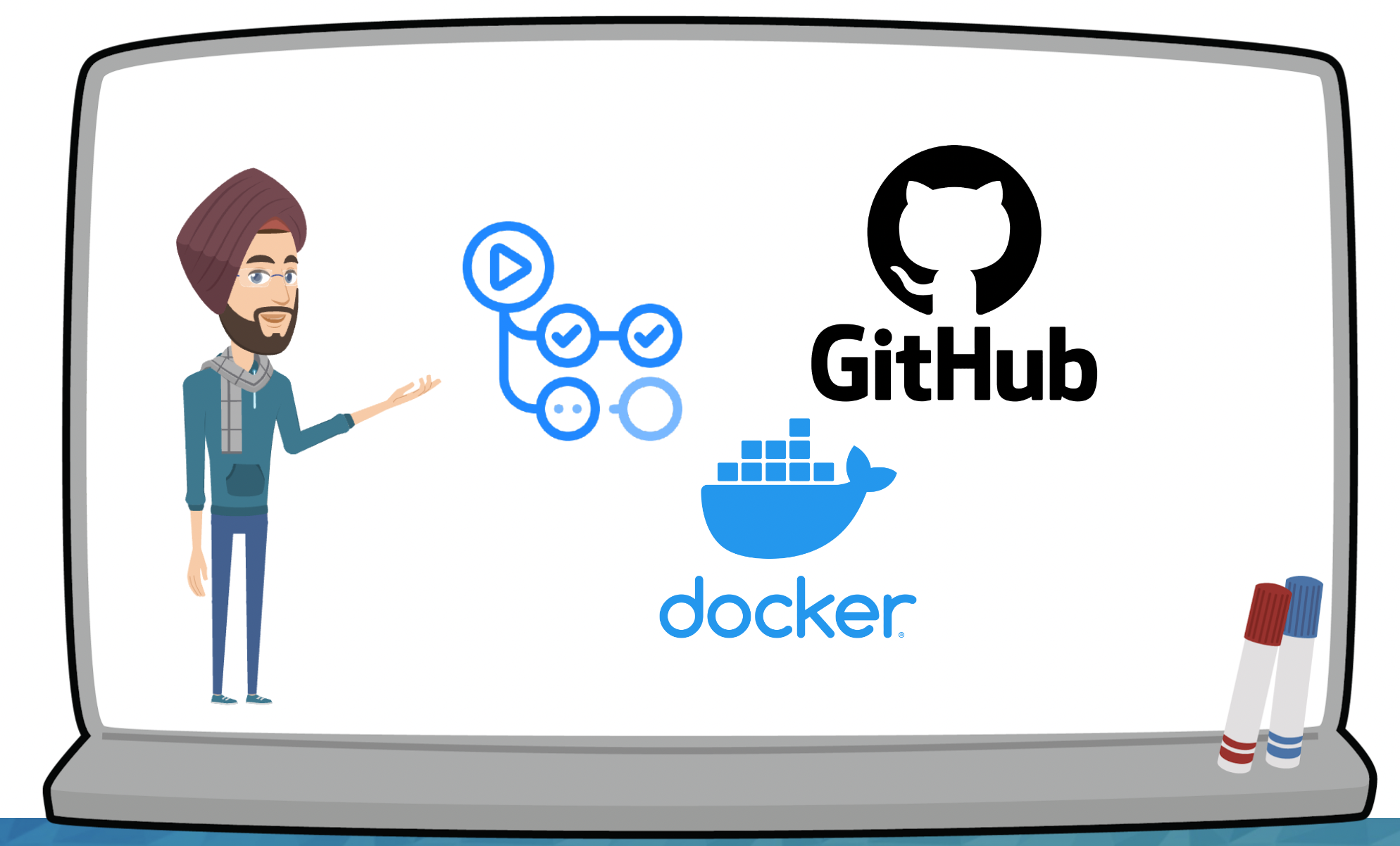Docker Vs Github
In the world of software development and DevOps, Docker and GitHub are two widely recognized and valuable tools that serve distinct purposes. Docker is a containerization platform that enables the packaging and deployment of applications, while GitHub is a web-based version control system and collaboration platform. In this blog post, we will explore the differences and synergies between Docker and GitHub, highlighting their respective strengths and how they can complement each other in the software development process.
Docker: Containerization for Portability and Consistency
Docker is an open-source platform that allows developers to build, package, and distribute applications in lightweight, isolated containers. Containers provide a consistent and reproducible environment, ensuring that applications run reliably across different systems.
Key Features of Docker
- Containerization: Docker enables the encapsulation of applications and their dependencies into containers, ensuring consistency and portability. Containers can be easily deployed across different environments, making it easier to replicate and scale applications.
- Resource Efficiency: Docker containers are lightweight and share the host system’s operating system kernel, resulting in efficient resource utilization and improved performance.
- Reproducibility: Docker images capture the complete runtime environment of an application, including its dependencies. This ensures that the application can be reproduced reliably, reducing the risk of deployment issues caused by differences in environments.
- Scalability and Isolation: Docker allows for horizontal scalability by spinning up multiple containers based on demand. Each container runs in isolation, ensuring that applications do not interfere with each other.
GitHub: Version Control and Collaboration Platform
GitHub is a web-based version control system that provides a collaborative platform for developers to manage and track changes to their codebase. It offers features for code hosting, version control, issue tracking, and collaboration.
Key Features of GitHub
- Version Control: GitHub enables developers to track changes to their codebase using the Git version control system. It provides tools for creating and managing branches, merging code, and resolving conflicts.
- Collaboration: GitHub facilitates collaboration among developers by allowing them to work on the same codebase simultaneously. It provides features like pull requests, code reviews, and commenting to streamline collaboration and maintain code quality.
- Project Management: GitHub offers project management features, including issue tracking, milestones, and kanban boards. These features help teams organize and track their work, enabling efficient project management.
- Community and Open Source: GitHub has a vast community of developers, making it a hub for open source projects. It provides a platform for collaboration, sharing code, and contributing to community-driven projects.
Docker and GitHub: Synergies in the Software Development Process
While Docker and GitHub serve different purposes, they can be used together to enhance the software development process. Here are some ways they can complement each other:
- Versioning and Deployment: Docker images can be versioned and stored in a Docker registry. GitHub can trigger automated builds and updates of Docker images based on code changes, ensuring that the latest version of the application is deployed.
- Collaboration and Code Review: GitHub’s pull request and code review features enable collaboration and ensure code quality. Developers can review changes made to Dockerfiles and other configuration files, ensuring that Docker images are built correctly.
- Continuous Integration and Deployment: Docker can be integrated into CI/CD pipelines managed by GitHub. Changes pushed to the GitHub repository can trigger automated builds and deployments of Docker containers, enabling continuous integration and deployment workflows.
- Infrastructure as Code: Docker and GitHub can be used in conjunction with infrastructure as code tools like Terraform or Kubernetes manifests. Developers can version and manage infrastructure configurations along with their application code, ensuring consistency and reproducibility.
Docker and GitHub are valuable tools that play distinct roles in the software development process. Docker provides containerization capabilities, enabling consistency, portability, and scalability of applications. GitHub, on the other hand, offers version control, collaboration, and project management features, facilitating effective code collaboration and project organization.
When used together, Docker and GitHub can enhance the software development process by enabling version control, code review, collaboration, and streamlined continuous integration and deployment workflows. By leveraging the strengths of both tools, developers can ensure the efficient management, deployment, and iteration of their applications, contributing to a more robust and collaborative development environment.









